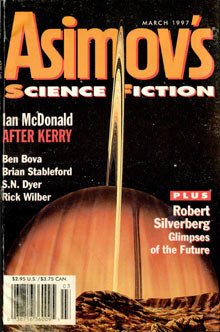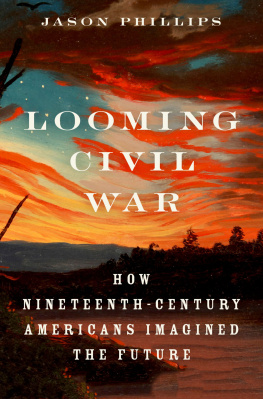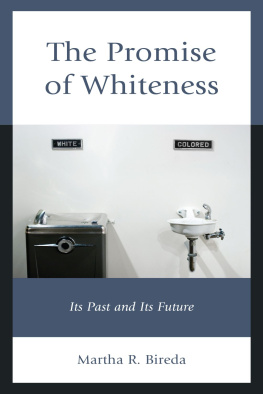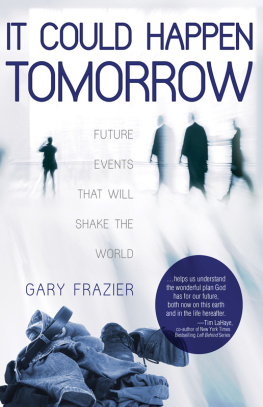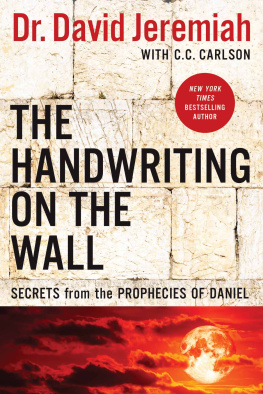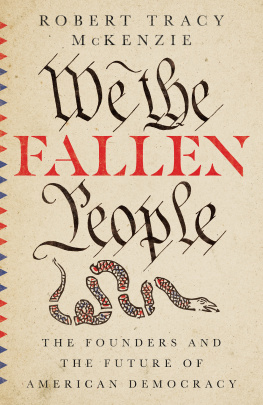University of Virginia Press
2021 by the Rector and Visitors of the University of Virginia
All rights reserved
First published 2021
L IBRARY OF C ONGRESS C ATALOGING-IN- P UBLICATION D ATA
Names: Revolutionary prophecies (Conference) (2013 : St. Louis, Missouri) | McDonald, Robert M. S., 1970 editor. | Onuf, Peter S., editor.
Title: Revolutionary prophecies : the founders and Americas future / edited by Robert M. S. McDonald and Peter S. Onuf.
Description: Charlottesville : University of Virginia Press, 2020. | Series: Jeffersonian America | Includes bibliographical references and index.
Identifiers: LCCN 2020039801 (print) | LCCN 2020039802 (ebook) | ISBN 9780813944494 (cloth) | ISBN 9780813945002 (ebook)
Subjects: LCSH : United StatesPolitics and government17831789. | RevolutionariesUnited StatesBiography. | Founding Fathers of the United States. | United StatesHistoryConfederation, 17831789. | United StatesHistoryConstitutional period, 17891809. | NationalismUnited StatesHistory18th century. | National characteristics, AmericanHistory18th century.
Classification: LCC E 302.5 . R 48 2013 (print) | LCC E 302.5 (ebook) | DDC 973.3092/2dc23
LC record available at https://lccn.loc.gov/2020039801
LC ebook record available at https://lccn.loc.gov/2020039802
Cover art (left to right): Gilbert Stuart, portrait of George Washington, c.17961803, oil on canvas (Clark Art Institute, clarkart.edu); Gilbert Stuart, portrait of John Adams, c.18001815, oil on canvas (EverettArt/Shutterstock); John Trumbull, portrait of Alexander Hamilton, 18046, oil on canvas (The Met, www.metmuseum.org); Gilbert Stuart, portrait of James Madison, c.1821, oil on wood (EverettArt/Shutterstock)
This volume traces its origins to a June 2013 conference bearing the same title. It took place in the shadow of the famous 630-foot St. Louis Gateway Arch, which, in shimmering stainless steel, celebrates the westward expansion of the United States. The monument, on land not far from the pre-Columbian metropolis of Cahokia, occupies ground once claimed by Spain and then purchased by Thomas Jefferson as part of a vast tract from France. St. Louis served as the launch pad for the 18046 expedition of Meriwether Lewis and William Clark, who helped chart the new, nearly transcontinental world over which the United States in 1803 had gained possession. What better location to consider the founding generations hopes, fears, ambitions, and anxieties for and about Americas future?
St. Louis was a fitting location for another reason. It served as the birthplace of the distinguished academic career of the late Lance Banning, who in 1971 received his Ph.D. from Washington University. A professor at the University of Kentucky for more than three decades, his first book, The Jeffersonian Persuasion: Evolution of a Party Ideology (1978), broke new ground by helping to extend the republicanism of the American Revolution forward in time to the Early Republic. He sustained his focus on the Jeffersonian Republicans political thought, especially that of James Madison, in articles appearing in the William and Mary Quarterly and Virginia Magazine of History and Biography as well as in his 1995 books Jefferson and Madison: Three Conversations from the Founding and The Sacred Fire of Liberty: James Madison and the Founding of the Federal Republic. In later years he turned his attention to crafting an elegant survey of the rise of the first party system, Conceivedin Liberty: The Struggle to Define the New Republic, 17891793 (2004), and editing Liberty and Order: The First American Party Struggle (2004), which leverages primary documents to explore the contest between Republicans and their Federalist rivals. At the time of his death in 2006, he was compiling a book of previously published essays, a greatest hits collection, that Todd Estes, his former doctoral student, pushed to completion as Founding Visions: The Ideas, Individuals, and Intersections That Created America (2014).
All of the contributors to this volume knew Lance Banning, and they dedicate it to his memory. Some were once his students. All consider themselves his friends. One of the things we appreciate most is his capacity for careful, close analysis and independent thought. Estes, a contributor to this volume, remembers his first meeting with the man who was his dissertation adviser. He didnt know then but would learn quickly that Lance has a trademark conversational style. When the person he is conversing with is speaking, Lance usually cocks his head to one side and looks off into space, staring intensely at some far-off point, and listens to what is being said. Then, when the speaker has finished, he often pausesfor what can seem to the uninitiated like several minutesbefore he speaks himself. This, Estes is quick to point out, is because Banning listened carefully to what I would say, thought with equal care about what he wanted to say, and thenonly thendid he speak.
This degree of deliberation seems present in all of Bannings scholarly judgments. Lance had no academic axe to grind or agenda to push, remembers Dave Nichols, another former graduate student. This held true whether, as at the start of his career, he was leading historiographical trends while a student of J. G. A. Pocock and an informal mentor of contributor Drew McCoy, or toward the end of it, when he broke with many scholars of the Early Republic by expressing misgivings about the new conventional wisdom that Jefferson had engaged in a long-term relationship with Sally Hemings, his late wifes half-sisterand also his slave. Whether he was wrong or right in these specific stands, no one who gathered at St. Louis questioned Bannings intellectual independence, honesty, or courage. All these qualities, together with his diligence and dedication as a teacher, mentor, and colleague, were his hallmarks.
The Revolutionary Prophecies conference, the fourth Sons of the American Revolution (SAR) Annual Conference on the American Revolution, represented a continuation of the National Society of the SARs efforts to encourage historical researchone of the purposes specified in the charter it received from Congress in 1889. Joseph W. Dooley served as conference director and also as the SARs 201314 president general; without Joes many efforts, the gathering would not have been possible. Among those in attendance were Barbara Oberg and the late John Murrin, each of whom offered perceptive and constructive comments on many of the essays. The conference relied on the generous support of the George Washington Endowment Fund of the National Society of the SAR; the Mount Vernon Ladies Association; Arlington Blue Top Cabs; The WinSet Group, LLC; the California Society SAR Ladies Auxiliary; David N. Appleby; Mr. and Mrs. John H. Franklin Jr.; Joseph R. Godfrey, Ph.D.; Stephen A. Leishman; S. John Massoud; Eugene D. Melvin; Samuel C. Powell, Ph.D.; Timothy E. Ward; and the George Washington Chapter and the George Mason Chapter, both of the Virginia Society SAR.


